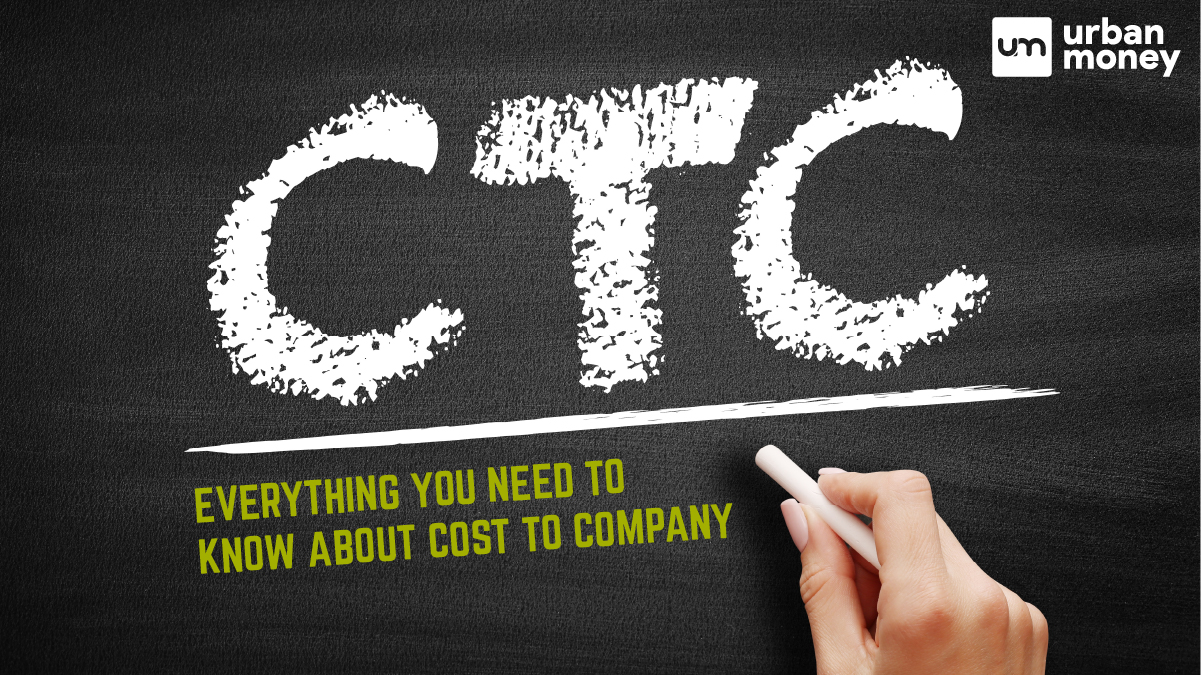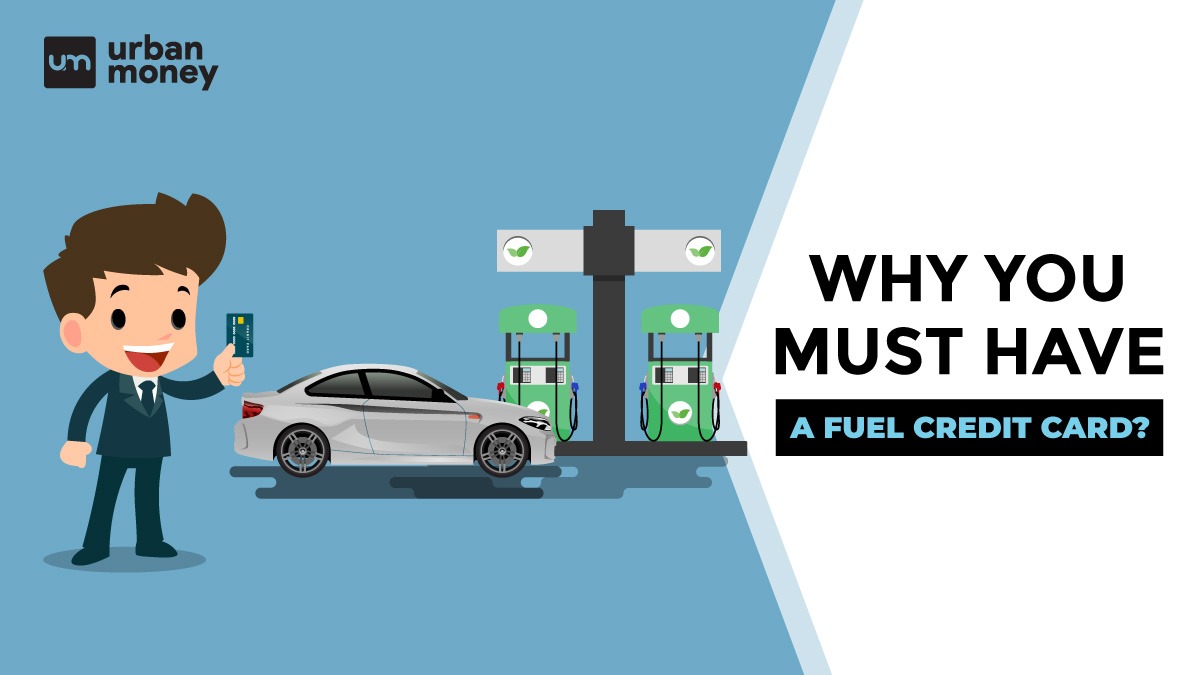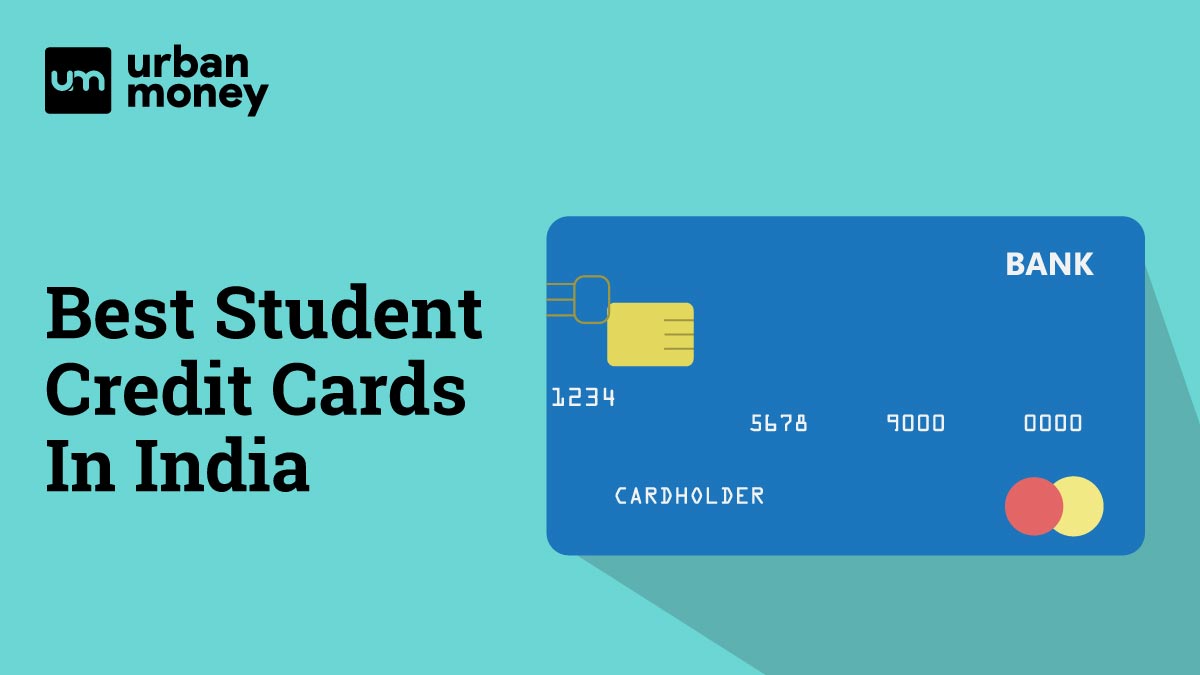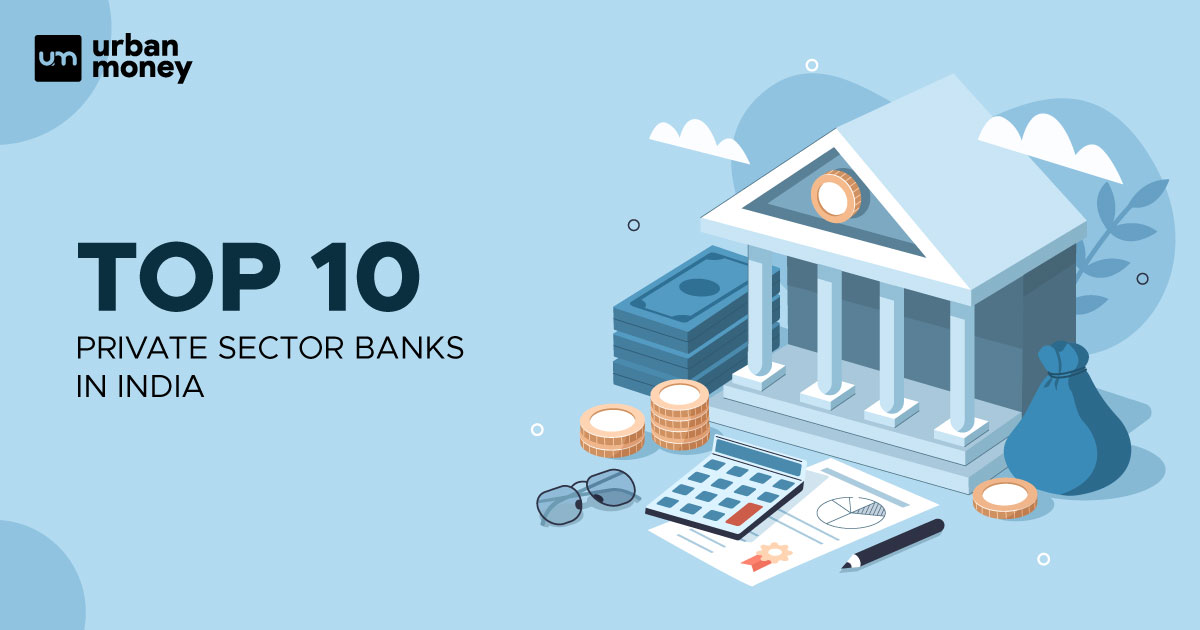Top 10 Best Private Banks in India List 2025
January 09, 2025
CIBIL Score Archive | Top Factors Contributing to a Low CIBIL Score

February 13, 2023
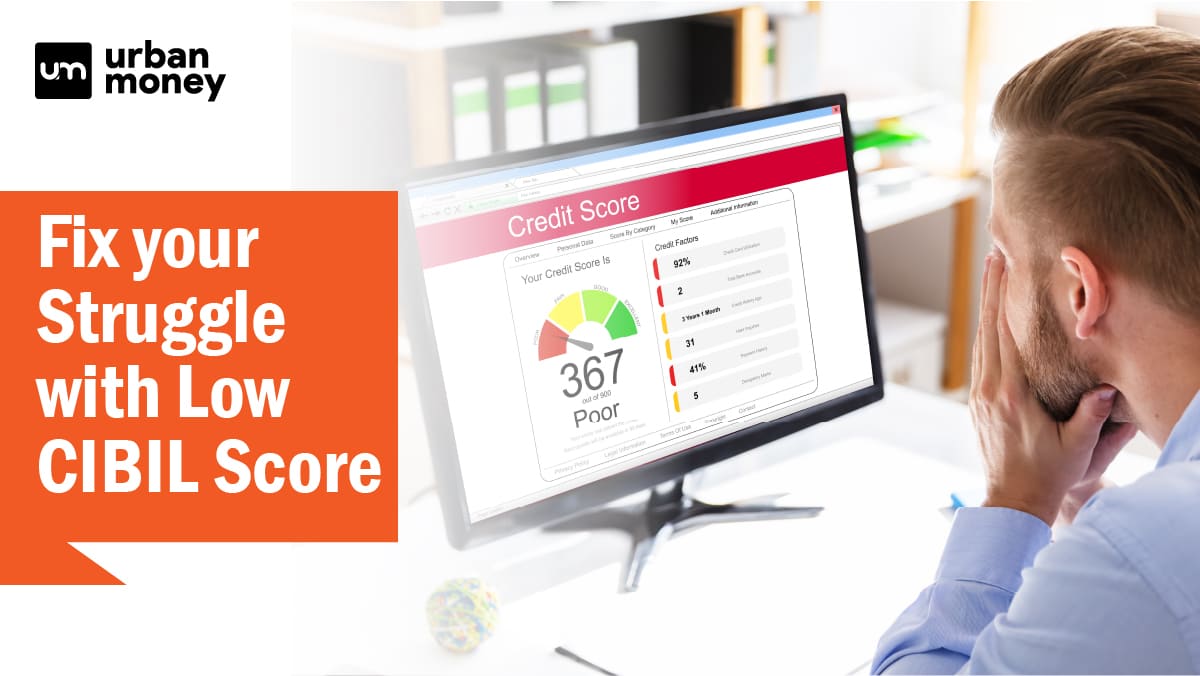

When a borrower approaches a bank for a loan or credit card, the lender first runs a credit check to determine the applicant’s creditworthiness. If the borrower’s CIBIL (Credit Information Bureau India Limited) score is poor, the bank may refuse to offer a loan or credit card. Even if the lender somehow agrees to sanction the loan or credit card to a borrower with a low CIBIL score, he/she will be charged a higher interest rate on the same.
Therefore, maintaining a high credit/CIBIL score is crucial. If you have a low credit score, try using some best practices to improve it. For this, you must first figure out why it is low. Well, there are ample reasons why your CIBIL could be low. We have covered the most significant ones in this piece. Read further to know!
Table of Contents
ToggleBefore you try to comprehend what a good CIBIL score is, you must understand what a CIBIL score means. It is a three-digit numerical that speaks about your entire credit history. A CIBIL score is a strong representation of an applicant’s creditworthiness.
A good score implies that you have maintained a good credit record in the past and that you have paid your dues on time.
Generally, a score ranging from 700 to 750 is considered a good CIBIL score. Therefore, if you are planning to obtain a loan in the future, you must maintain a credit score of at least 700. The higher, the better.
There are broadly four factors that make a CIBIL score, and each of them has a certain percentage associated with them. The details of the same are mentioned below:
| Factors | Ratio |
| Credit Exposure | 25% |
| Payment History | 30% |
| Credit Type and Duration | 25% |
| Other Factors | 20% |
Are you wondering why your CIBIL score is low? We have listed the top ten reasons why your CIBIL score is not good:
If missing out on timely payments has become your routine, it is time to change your irresponsible habit. Missing out on two to three payments in a row will drop your score. In case of emergencies such as unforeseen medical expenses, etc., you may skip one or two, but ensure not to make it a habit.
If you can’t remember the due dates, either set a reminder on your phone or mark your calendar or opt for a reminder facility with your lender. Delayed payments will have an equal effect on your CIBIL as the missed payments.
A CIBIL report is an explicit record of your present and past credit details. Your credit score may suffer in case of any errors in your report. Therefore, if you witness any discrepancies in your credit report, get them rectified as soon as possible. Else, your score will hamper.
A credit history defines the borrower’s potential for debt repayment. The length of the history means the number of years that have passed since the borrowers have been operating credit accounts.
Therefore, as a borrower, you must try to build a good credit history in the initial phase. It will help lenders to take a sound decision while offering you a car, home, or personal loan.
As you might know, there are two types of loans– secured and unsecured. Credit cards, student loans, and personal loans are unsecured loans, while home and auto loans are secured loans. If you keep availing of only one type of credit, it will hamper your score. Maintaining a healthy balance of both types is highly crucial. A healthy credit mix depicts that you have experience in handling different types of loans. This is deemed desirable by lenders and banks. A credit mix makes up 30% of the credit score. Hence, you must create a healthy balance.
Don’t apply for multiple credit cards or loan applications in short intervals. This attracts various lenders to run numerous inquiries on your credit report. These hard inquiries will eventually be reported on your CIBIL report and indicate how desperate you are for credits. This will, in turn, put you in a category of a person with a higher risk of default. Ultimately, your CIBIL score will go low, and most lenders will reject your loan or credit application.
Credit cards act as a terrific mechanism to build a credit history. When you close your existing account, you lose a long credit history. Therefore, if you have used the card for a substantial time period, you are advised not to close it, if possible. You can rather opt for closing a fairly new account.
The credit utilization ratio is the ratio of the entire credit used to the total available credit limit across all credit products. Avoid maxing out credit cards frequently, as it displays your high dependency on credit. Moreover, it makes you seem like you have been overburdened with repayment. A high credit utilization ratio of 90% to 100% is a red flag for those seeking a loan.
You must try to maintain a ratio between 30% to 50%. Otherwise, your CIBIL score will drop.
When you apply for credit or loan applications, the lender pulls out your credit report and checks it thoroughly. Such an inquiry is known as a hard inquiry. Every hard inquiry is marked on your credit report. Therefore, it is suggested not to apply for multiple loans in a short timeframe. It will drop your credit score and remain on the report for quite some time.
If you are mulling over ‘why my CIBIL score decreased’ even though you have been paying on time, then you may need to review the following factors:
If you practice good credit management, your CIBIL score will automatically improve. You must ensure that you clear your dues or pay EMIs on time. Instead of paying a minimum due amount, pay the actual due amount. Also, don’t exceed the credit utilisation limit, and maintain a good credit mix. Even if you have a low CIBIL score, you can increase it by following the abovementioned guidelines.
A CIBIL score speaks a lot about the borrower’s creditworthiness. For instance, it tells whether the applicant has the potential to repay the loan within the stipulated time or not. Therefore, maintaining a good CIBIL score is important while loan sanctioning.
A CIBIL score is a three-digit numerical summary of your credit history. Various factors may have a significant impact on your CIBIL score. Some include late payment, high credit utilisation ratio, multiple credit applications, paying only the minimum due amount, and outstanding debts.
Since the weightage provided to each factor of credit score calculation differs and every Credit Information Company has its proprietary algorithm, there could be a minor change in the credit score.
CIBIL doesn't have any authority to collect the individuals’ records that the members furnish. They cannot change or delete your records.
To achieve a score of 900, you must ensure that you make every payment on time and don’t over utilise your credits.
A high credit inquiry may hurt your credit score. In a hard credit inquiry, the lender not only checks your credit score but also reviews your entire credit history. Plus, the drop caused by the inquiry may remain on your report for a few months or two years. On the other hand, soft credit inquiries do not hurt your credit score. It involves checking your credit score and nothing else. Why is my CIBIL score important for loan sanctioning?
What is a CIBIL score, and what factors affect my CIBIL score?
Will another credit bureau also generate a lower credit score if your credit score is already low?
Is CIBIL authorised to change or delete your credit records?
How do you achieve a CIBIL score of 900?
What is the difference between hard inquiries and soft inquiries?










© 2025 www.urbanmoney.com. All rights reserved.

Need Loan Assistance?

Thank you for showing your interest. Our agent will get in touch with you soon.





